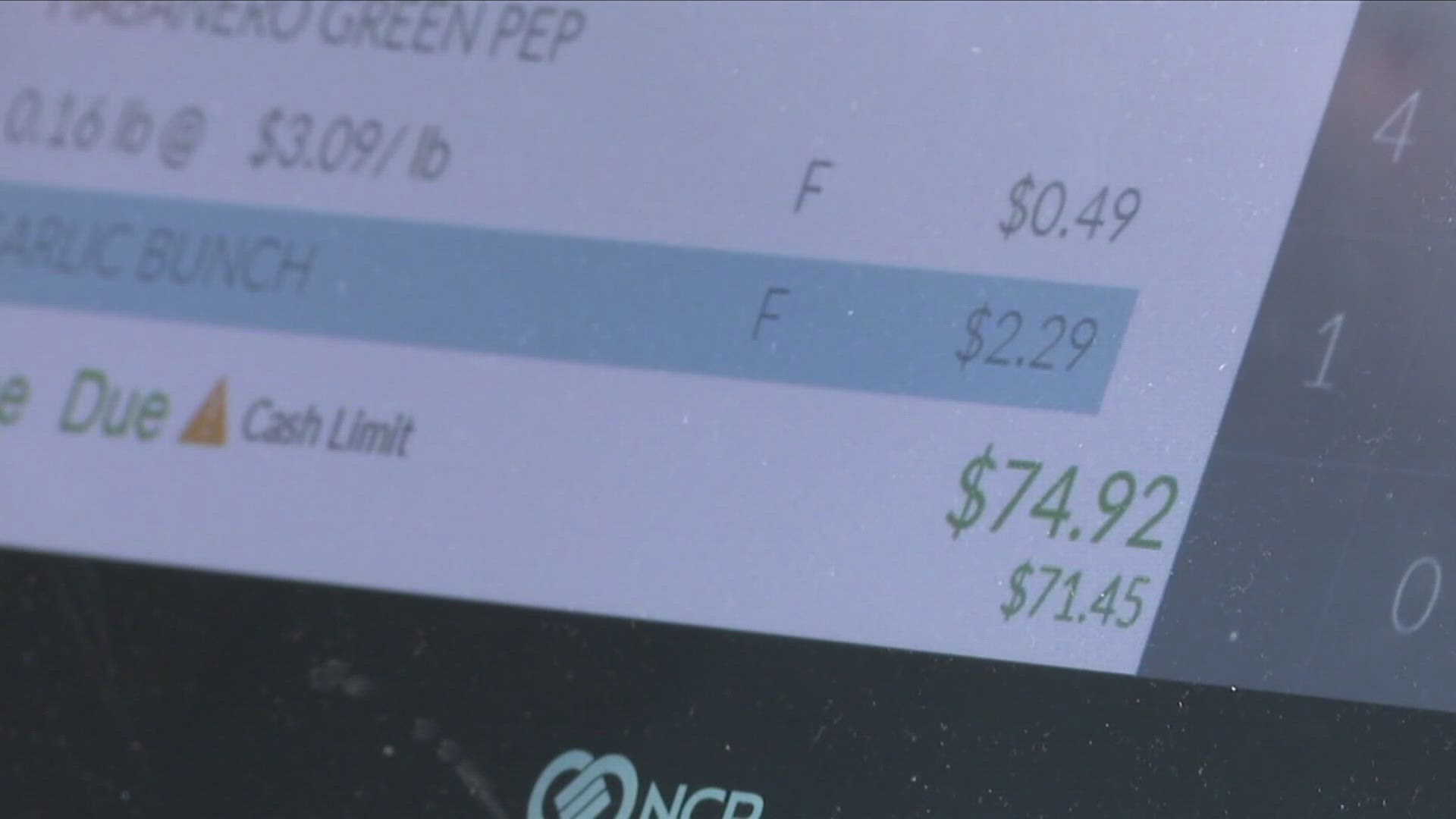MEMPHIS, Tenn. — The details around Memphis Mayor Paul Young's proposed tax in Downtown Memphis are clearing up questions about the future in the Bluff City.
On Nov. 20, Mayor Paul Young announced plans to seek approval for this tax, referred to as a "security and tourism fee." This proposal comes after other property and solid waste tax increases were introduced in June.
While called a tax, this would be more of a fee on certain items sold in downtown businesses. A city spokesperson said this fee would appear at the bottom of your receipts once you check out from a downtown restaurant or store, but not if you buy something in another part of the city.
The plan would be similar to what has been done in Nashville, which has been referred to as a "Hamburger Fee or Hamburger Tax."
After the Tennessee TDZ Act was changed in 2014, Nashville leaders put a 0.25% tax on certain items. The fee then increased to 0.50% in 2021. Items excluded from this fee included professional services, transient lodging like hotels, event tickets, wine, spirits, high-gravity beer, publications and parking.
The proposed single-item tax on food and other products sold Downtown Memphis would support the district's security, beautification, and assistance for the unhoused population. The tax would be set at 0.5%, translating to 50 cents on a $100 purchase.
A city spokesperson said that because of how small the amount is for purchases, some businesses could elect to absorb the cost themselves instead of having customers pay.
“Downtown is our front door,” said Jerri Green, Memphis City Council Member.
Green was among the city leaders who voiced their support of the fee in the day following the news breaking.
According to the councilwoman, since the fee is only designed to be in effect downtown, it would attempt to bring in new revenue from tourists as opposed to Memphians.
“If we could collect those dollars from out of town [and] out of state people visiting and help improve our downtown; I think it’s a great idea,” said Green.
Councilwoman Pearl Walker also put her support behind the plan, sending the following statement to ABC24:
"Although downtown is not in my district I love and care about downtown.
It is part of the city that I most frequent outside of my personal neighborhood.
I support the text because I understand what a vibrant safe and progressive downtown means for the city of Memphis
Downtown is important to Memphis because it acts as the central hub for economic activity, serving as a major employment center, attracting diverse businesses, generating tax revenue, and often representing the city's identity and cultural heart, making it a key driver of community pride and a draw for residents and visitors alike."
So far, there is no estimate on how much money the sales tax would raise, which is expected to be crucial information for state leaders who will need to approve the plan.
The fee would first need to pass through the Tennessee legislature next year. Even if it gets approved by state leaders, and then the city council, Green says the soonest it could go into effect is July 1st, 2025.
However, in the event the fee passes, money raised would be invested into the Downtown district.
Green said Young has already floated around some ideas, including infrastructure changes like bollards to prevent trash from coming downtown, increasing the size of the Blue Suede Brigade and requiring them to pick up trash while they walk, a new command post for MPD, and a new wave of security cameras.

